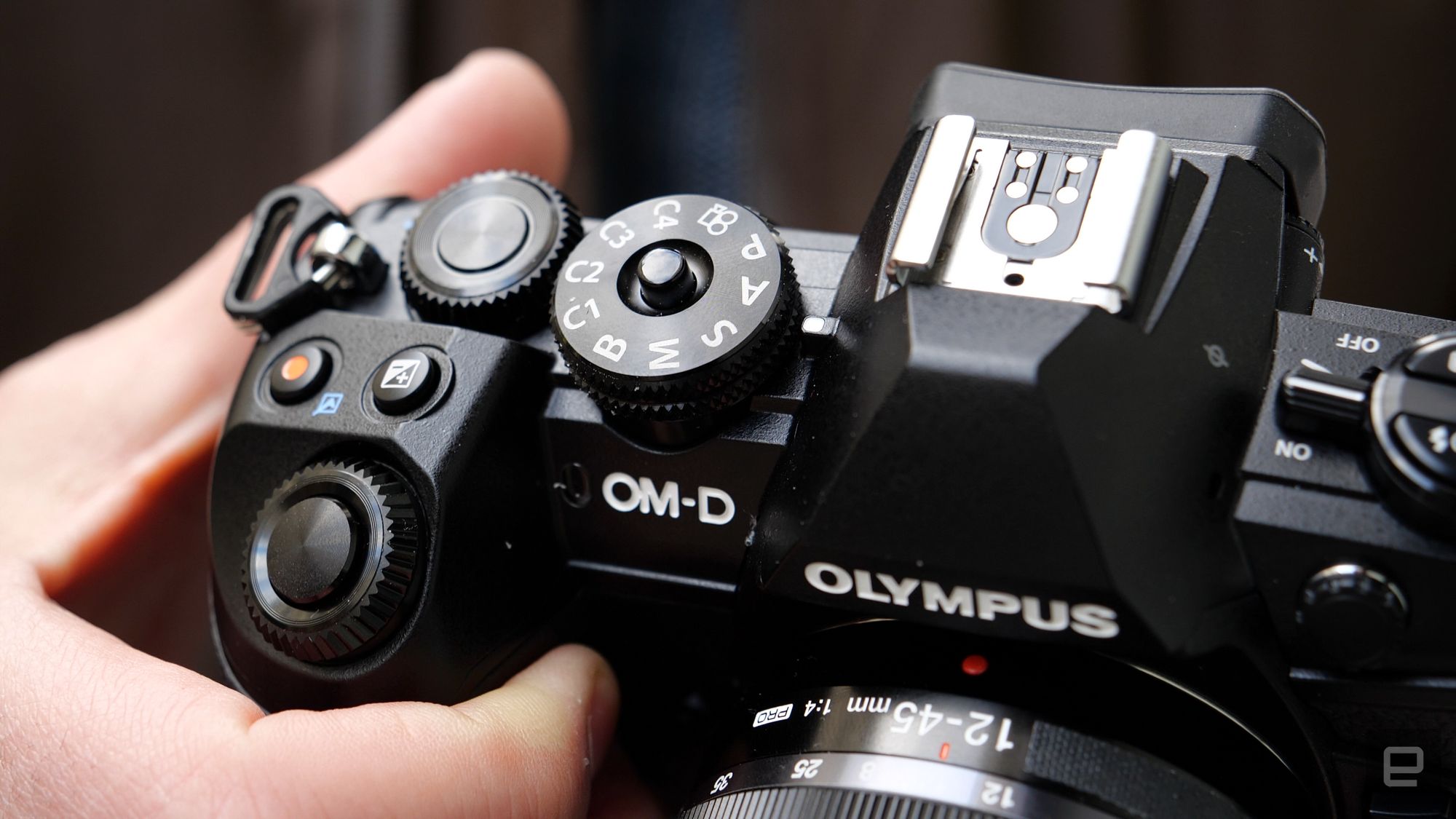
Despite denying persistent rumors that it would exit the camera business, Olympus is doing exactly that. The company has announced that will sell its camera business to Japan Industrial Partners (JIP), the same company that purchased Sony’s VAIO PC division (via The Verge). Olympus will now focus on its much larger business supplying industrial and medical imaging equipment.
Olympus said it improved cost structure, focused on high-profit cameras and lenses and took other steps to “cope with the extremely severe digital camera market.” Despite those efforts, however, the company said it “recorded operating losses for three consecutive fiscal years up to the term ended in March 2020.” It likely didn’t help that the company was rocked by a $1.7 billion accounting scandal in 2013.
It’s unclear how this might affect owners of Olympus mirrorless cameras like the flagship O-MD E-M1 Mark III. JIP plans to streamline the business as it did with VAIO to make it “more compact, efficient and agile,” according to Olympus. It will also sell the existing camera models and develop new ones, so it would presumably support current Olympus owners. Beyond that, we don’t know what JIP plans to do with Olympus, and it didn’t exactly bring Sony’s former VAIO division to greatness.
Olympus has implemented measures to cope with the extremely severe digital camera market, due to, amongst others, rapid market shrink caused by the evolution of smartphones; Olympus has improved the cost structure by restructuring the manufacturing bases and focusing on high-value-added interchangeable lenses, aiming to rectify the earning structure to those that may continue generating profit even as sales dwindles. Despite all such efforts, Olympus’s Imaging business recorded operating losses for 3 consecutive fiscal years up to the term ended in March 2020.
Last year, Olympus CEO Yasuo Takeuchi let slip that a sale of its consumer camera division wasn’t out of the question. However, the company took pains to walk that comment back, and marketing and sales VP Akihiko Murata also told Engadget that “we want to say to our users, ‘Please count on us.’”
After reviewing the O-MD E-M1 III earlier this year, I was struck by the company’s lack of innovation on its flagship camera compared to other manufacturers. It’s normally an ominous sign for a company when it stops developing new product tech.
The sale of Olympus also has implications for the camera world at large. Olympus and Panasonic are the only companies supporting the Micro Four Thirds format, a segment playing third-fiddle to APS-C and full-frame systems. Those larger sensors are better in low light and produce soft “bokeh” backgrounds, helping camera manufacturers like Sony distinguish its products from increasingly excellent smartphone cameras.
Olympus still relies exclusively on Micro Four Thirds for its interchangeable lens cameras. However, Panasonic now has its own lineup of full-frame mirrorless cameras that have attracted a lot of attention, particularly in the video market. That gives it other options depending on what happens to Olympus, so we’ll be keeping a close on both companies over the next few months. Following due diligence, the sale will conclude by September 3rd, 2020, Olympus said.
Взято отсюда